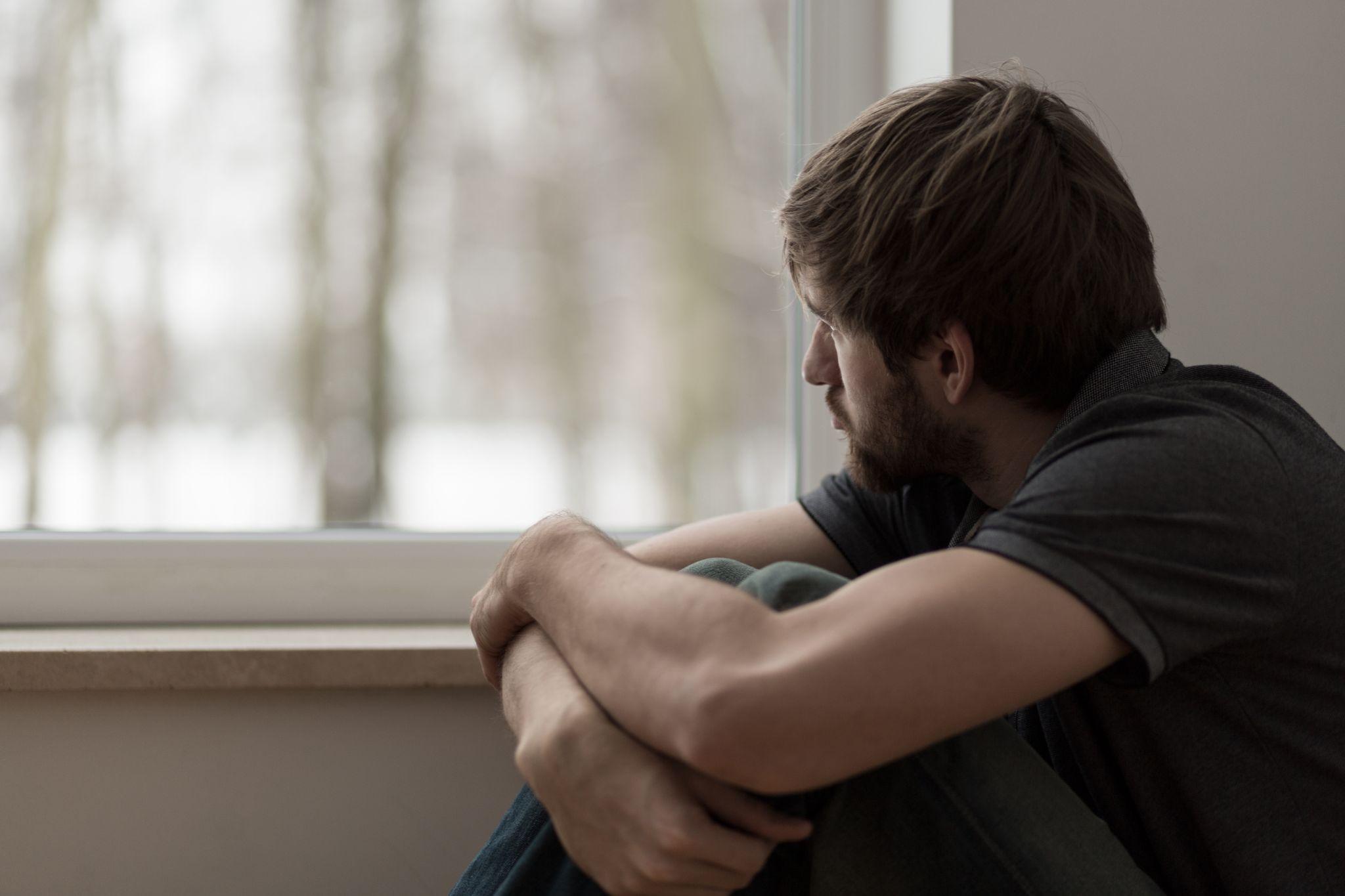The holiday season is often a whirlwind of celebrations, social gatherings, and festive traditions. But when the festivities come to an end, many people find themselves feeling low, overwhelmed, or even hopeless.
This phenomenon, often referred to as post-holiday depression or New Year’s depression, is a common experience for those adjusting to the return of routine after an emotionally charged season.
Understanding the causes of post-holiday blues depression, recognizing the signs, and learning how to cope can make this time of year easier. Whether you’re struggling with feeling depressed after the New Year or supporting a loved one, there are ways to navigate these challenges with confidence and care.
What Is Post-Holiday and New Year’s Depression?
Post-holiday depression refers to feelings of sadness, fatigue, and stress that arise after the excitement of the holiday season fades. While many experience a temporary dip in mood, others feel the effects of new year depression more intensely.
The pressure to meet expectations, financial strain, or even the abrupt change in routine can contribute to this emotional downturn. Unlike fleeting sadness, post-holiday blues depression can persist and affect daily functioning if not addressed.
Temporary Blues vs. Clinical Depression
It’s important to differentiate between temporary blues and clinical depression. Post-holiday depression may include feeling unmotivated or down for a few days to weeks. However, if these feelings last for over two weeks or interfere with daily activities, they could signal clinical depression. Understanding how long post-holiday depression lasts for most people can help set expectations for recovery.
Contributing Factors
Several factors can contribute to post-holiday and New Year’s depression, ranging from emotional and psychological challenges to the physical toll of the season’s festivities.
Emotional and Psychological Aspects
The holidays can be emotionally charged, often bringing both joy and stress. Unresolved family dynamics or unmet expectations can lead to feelings of disappointment or inadequacy.
Impact of Social Media Comparisons
Scrolling through social media during the holidays can amplify feelings of inadequacy. Seeing curated images of others’ “perfect” celebrations can make you feel that your experience fell short, deepening post-holiday blues depression.
Role of Physical Health and Lifestyle
Overindulgence in holiday foods, alcohol, and late nights disrupt normal routines. Returning to a more structured schedule after the New Year can feel daunting, contributing to new year depression.
Recognizing Symptoms
Recognizing the symptoms of post-holiday and New Year’s depression is the first step in addressing it effectively and seeking the support you need.
Emotional Signs
New Year’s depression can manifest as persistent sadness, irritability, or feelings of hopelessness. These emotions may also make you feel less interested in activities you usually enjoy.
Physical Manifestations
Fatigue, changes in appetite, and disruptions to your sleep patterns are common physical symptoms of post-holiday depression. Headaches or general aches may also accompany these feelings.
Behavioral Indicators
Withdrawal from social activities, procrastination, or neglecting responsibilities are behavioral signs of depression. Recognizing these early can help you seek support before symptoms worsen.
4 Effective Coping Strategies
Adopting effective coping strategies can help you manage post-holiday and New Year’s depression, allowing you to regain balance and focus in your daily life.
1. Setting Realistic Expectations
One of the best ways to manage post-holiday blues depression is to set achievable goals.
- Prioritize tasks. Identify what’s most important and let go of unnecessary obligations.
- Learn to say no. It’s okay to decline invitations or requests that feel overwhelming.
2. Maintaining Physical Health
Physical well-being is closely tied to mental health.
- Exercise regularly. Even a brisk walk can boost endorphins and improve mood.
- Focus on balanced nutrition. Avoid overly restrictive diets and focus on incorporating whole, nutrient-dense foods.
3. Enhancing Social Connections
While you may feel like withdrawing, staying socially engaged can combat feelings of isolation.
- Plan gatherings. Spend time with friends or family members who support and uplift you.
- Try to volunteer. Helping others can provide a sense of purpose and community, easing feelings of loneliness.
4. Practicing Mindfulness and Relaxation Techniques
Practicing mindfulness helps you stay present and reduce stress.
- Practice meditation. Spend 5–10 minutes each day focusing on your breath or using a guided meditation app.
- Engage in hobbies. Creative outlets like painting, knitting, or journaling can be therapeutic and distracting from negative thoughts.

When to Seek Professional Help
While many can navigate post-holiday and New Year’s depression with self-care, persistent or severe symptoms may indicate the need for professional help.
Identifying Persistent or Severe Symptoms
If symptoms persist for more than two weeks or worsen, seeking professional help is crucial. Feeling unable to manage daily life, experiencing excessive fatigue, or having thoughts of self-harm are signs you may need additional support.
Available Treatment Options
Options such as cognitive behavioral therapy (CBT), which focuses on identifying and changing negative thought patterns, and dialectical behavior therapy (DBT), which helps develop emotional regulation and coping strategies, offer structured frameworks for recovery.
Joining a support group can offer a sense of community and shared understanding. Connecting with others who have experienced similar feelings can provide validation, reduce isolation, and foster hope for recovery.
Supporting Loved Ones
Supporting loved ones experiencing post-holiday and New Year’s depression requires understanding, empathy, and a willingness to help them navigate their emotional challenges.
Assisting Someone Experiencing Depression
If someone you care about is struggling with post-holiday depression, your support can make a difference.
- Be present. Listen without offering solutions or judgment.
- Encourage communication. Let them know it’s okay to talk about their feelings.
Promoting Awareness of Mental Health
Reducing stigma around mental health encourages people to seek help. Share articles, resources, or even attend therapy sessions with your loved one if they’re comfortable.
Get Help for Post-Holiday and New Year’s Depression With Lumina Recovery
Post-holiday and New Year’s depression can leave many feeling lost or overwhelmed, but understanding its symptoms and learning to cope can pave the way for healing. Whether you’re struggling with post-holiday blues depression or feeling depressed after the New Year, remember that help is available.
At Lumina Recovery, our dual diagnosis programs are specifically designed to treat depression and related mental health conditions, ensuring that both the root cause and its effects are addressed. Additionally, our individual therapy sessions provide personalized care to help you overcome the challenges of post-holiday and new year depression.
Don’t let the season’s end diminish your mental well-being. Contact us today to learn how we can support you in reclaiming joy and balance in your life.


